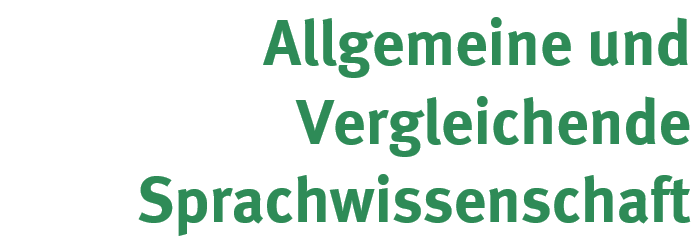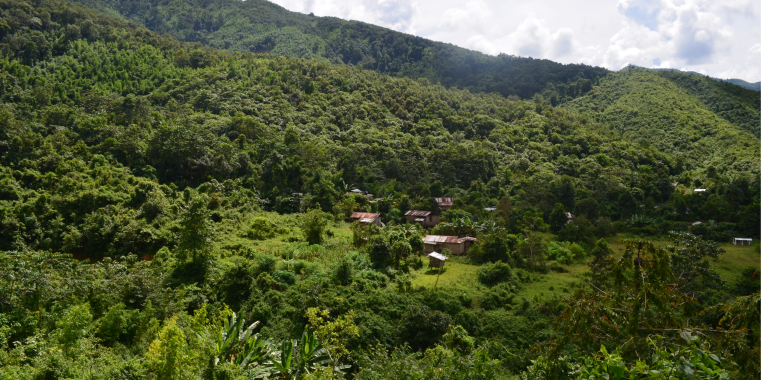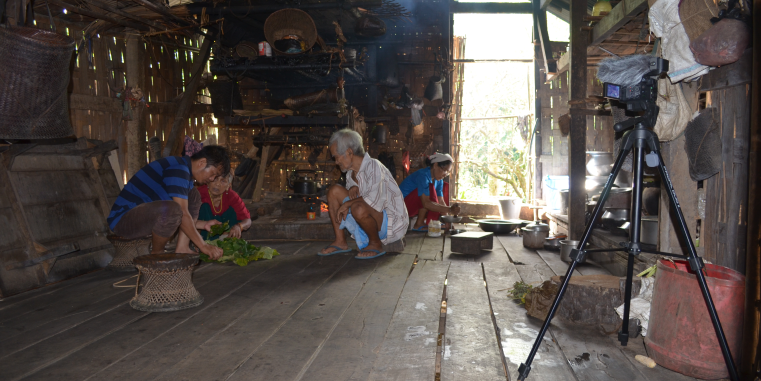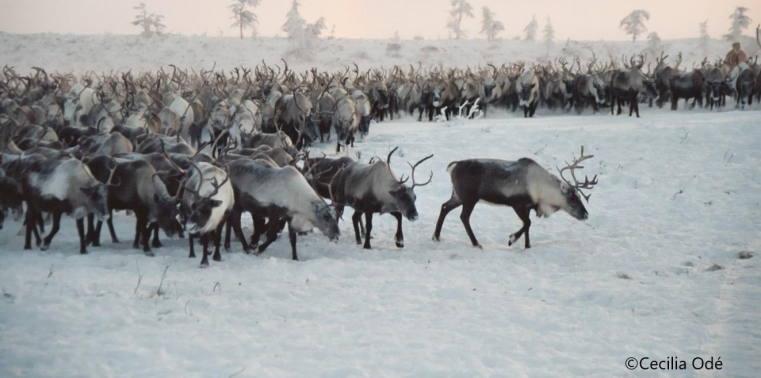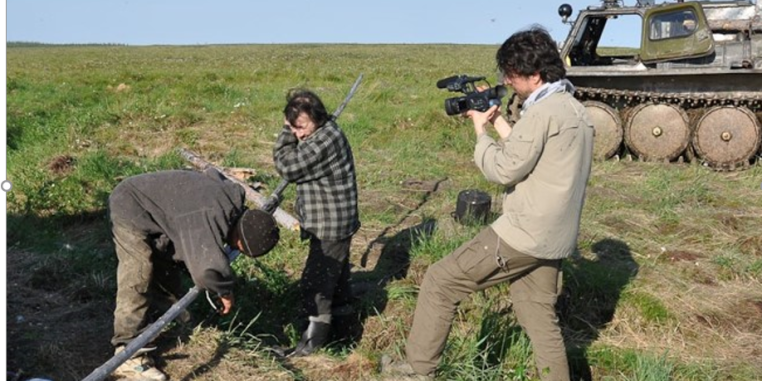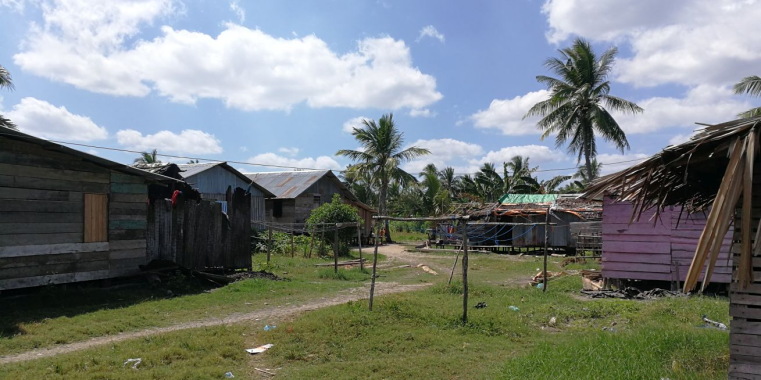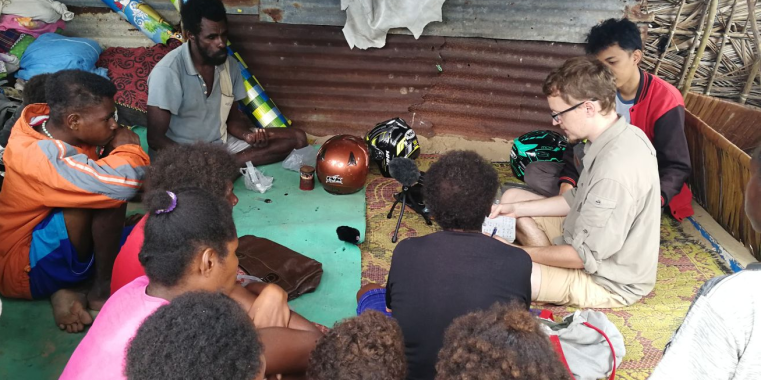Research
The core of our work is the research of language diversity, the variability of structure and use among around 7000 languages spoken around the world. We particularly focus on less-known, often endangered languages, describe and document them in the form of linguistic corpora (audio and video recordings). In this way, these languages are preserved for scholarly use and the use of the linguistic communities. We believe that good linguistic research must be based on a diversified empirical evidence, so that in addition to natural language corpora, we also rely on written language corpora, experimental and elicited data, grammaticality judgements and all other types of information sources.
The documentation and description of less-known languages is not an end in itself. Rather, the investigation of linguistic diversity is the basis for the work on linguistic typology, in which we attempt to determine the limits of possible variation in the languages of the world and find features which are common to all or many languages. In this way, we are trying to identify features that distinguish language from other socio-cultural phenomena and other means of communication. We firmly believe that a comprehensive and empirically adequate linguistic theory can only be formulated on the basis of this kind of investigation of linguistic diversity.
The linguistic typology we deal with comprises all linguistic disciplines, from the research on sounds and phonemes to investigation of sentence structure and meaning. The special focus of the linguistics in Münster is discourse typology, i.e. research of the cross-linguistic variation in the rules that govern the constitution of larger portions of speech, such as narratives or conversations. Since discourse is an eminently social phenomenon, our discourse typology is anchored in the research of social and cultural practices of language users.


